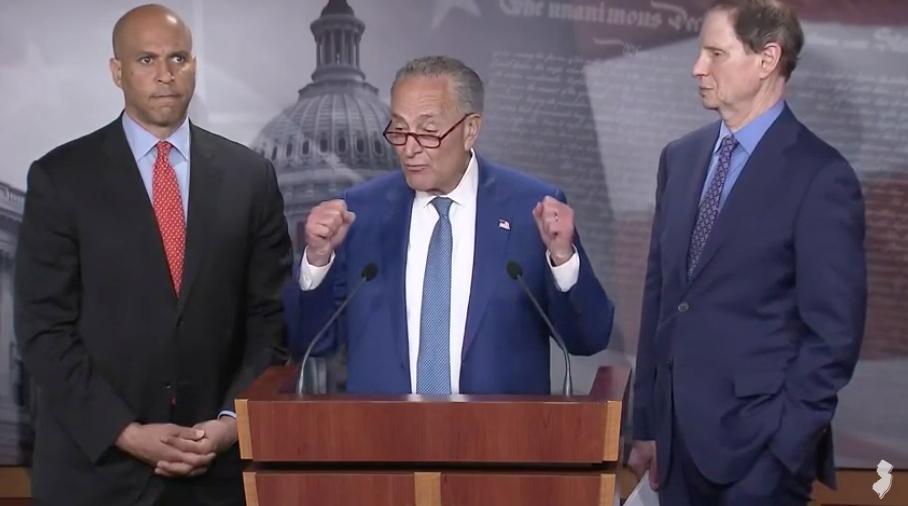NIHC Submits Comments on CAOA
This week, NIHC submitted comments to Senate Majority Leader Chuck Schumer (D-NY), Senators Corey Booker (D-NJ) and Ron Wyden (D-OR) and the Senate Finance Committee on the 2021 draft of the Cannabis Administration and Opportunity Act (CAOA).
As part of their efforts to put together substantive and meaningful legislation, the sponsoring offices put out the draft to solicit feedback from the stakeholder community. As we’ve previously seen with the hemp industry, the policy making process can be nuanced and difficult. While this step to gather feedback wasn’t necessary on the part of the bill’s authors, we value their approach and both believe and hope that it will help make for a more comprehensive piece of legislation to be officially introduced.
This draft legislation, designed to overhaul the nation’s cannabis laws, has many provisions that address industrial hemp. NIHC provided feedback through our government affairs committee. Our feedback included the following suggestions to the sponsoring offices:
- Rather than vesting authority for licensing cannabis cultivation in the Treasury Department, NIHC encourages the Sponsoring Offices to consider vesting this authority in the Department of Agriculture, while reserving the involvement of Treasury, Justice and FDA for taxation and public health and safety when cannabis products enter the marketplace, as is routine with tobacco, wine grapes, etc.
- The bill should revise the Federal definition of hemp by specifying the threshold in terms that are complementary to what it provides for cannabis, with a threshold of one percent total concentration of tetrahydrocannabinols rather than the current parameter of 0.3 percent for only delta-9 THC.
- The provisions relating to cannabidiol (CBD) should reflect the approach taken in Senator Wyden’s own S. 1698, by allowing all hemp-derived products, including CBD, as both food and supplement. The draft legislation proposes to allow only CBD, with no provision for other hemp-derived products that are not intoxicating or otherwise subject to abuse, and would allow CBD only as supplements, and not as food.
- The tax structure proposed in the bill is too onerous and severely disadvantages small and minority-owned businesses, which will promote rather than reduce illicit production.
Though NIHC identifies several specific issues requiring careful further attention, and do not doubt that our colleagues in the high-THC cannabis industry do so as well, we believe this draft covers most, if not all, pertinent issues that Federal regulation of cannabis will have to address. As you know, our organization does not engage in high-THC cannabis, but we believe that our industry’s experience in the Federal regulation of hemp to date is replete with lessons learned that will be of great value as Congress and stakeholders chart a course for the future of cannabis regulation in our country.
As for next steps, the sponsoring offices will now review the feedback they’ve no doubt received from numerous stakeholders, and the timetable for official introduction of legislation remains in their hands. Until then, NIHC will continue to engage with Capitol Hill to advocate for our positions that we believe will be most beneficial to our members and the hemp industry.
To read our press release and full comments on the Cannabis Administration and Opportunity Act, please click here.
Watch the announcement of the legislation here.















